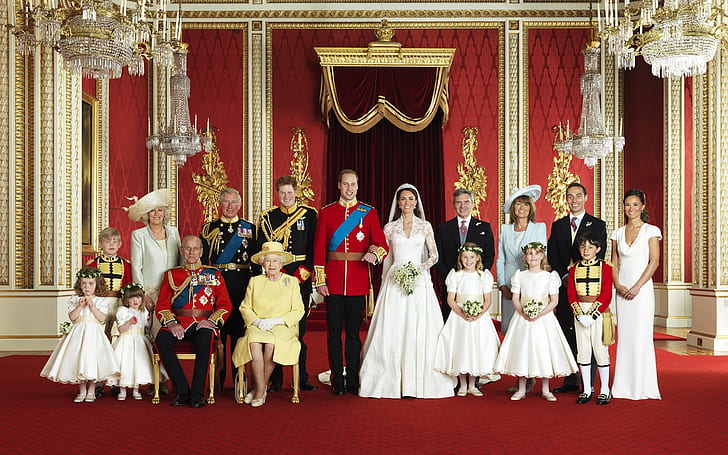
FAQ About Royal Family
Can the Queen veto laws?
Technically, the British monarch possesses the power to veto laws, but this power has not been exercised in modern times. The monarch's power to veto legislation, known as the royal assent, is considered a formality rather than a discretionary power. The last time a British monarch refused to grant royal assent to a bill was in 1708, during the reign of Queen Anne.
In practice, the power to make or pass laws rests with Parliament, not the monarch. The British constitutional system operates on the principle of parliamentary sovereignty, meaning that Parliament, composed of the House of Commons and the House of Lords, has the ultimate authority in making and passing laws.
Today, when a bill is passed by both houses of Parliament, it is presented to the monarch for royal assent. However, the royal assent is considered a ceremonial act, and it is expected that the monarch will grant assent. Refusing to give assent would be seen as an extraordinary and politically contentious step.
The power to veto legislation has effectively become obsolete, and the monarch's role in the legislative process is largely symbolic. The British monarchy operates within a constitutional framework that limits the monarch's involvement in political matters, ensuring a system of democratic governance and separation of powers.
